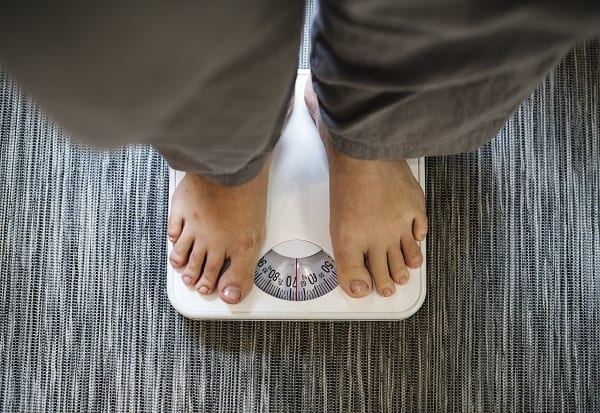Bariatric surgery in Mexico is possibly the most effective way to lose large amounts of weight in a short period of time. Surgical interventions for weight loss produce greater results than exercise alone. For example, those who undergo gastric sleeve surgery tend to lose about 50% of their excess weight in their first year post-surgery, usually losing between 60-70% of their excess weight in total.
Even though weight loss surgery aims to solve a very difficult problem, it’s still recommended by many surgeons that you put in the effort to lose some weight before bariatric surgery.
Requirements to Qualify for Bariatric Surgery
In order to qualify for most bariatric procedures, specifically the gastric bypass and the gastric sleeve, you need to meet the following requirements.
- A BMI of above 40, OR
- A BMI above 35 in addition to weight-related conditions, such as hypertension, type 2 diabetes, or sleep apnea, AND
- Documented failed attempts to lose weight in the past with diet and exercise, AND
- Persistent obesity that has lasted for several years or more.
Most bariatric patients meet all these requirements, and are looking for a solution to their obesity. It is noted that patients are required to have tried to lose weight in the past without much success, but bariatric patients are still advised to lose a small amount of weight before surgery. Some surgeons recommend that bariatric patients lose 5-10% of their excess weight before going through with surgery.
Here’s why you should try to lose a little bit of weight before surgery.
Reasons Why You Should Lose Weight Before Bariatric Surgery
Lower risk of complications
It’s not easy to do surgery on obese people, even though bariatric surgery is made specifically for them. This can increase the risk of complications from bariatric surgery.
Bariatric surgery is generally a low risk procedure with a mortality rate at a fraction of a percent. But the most obese patients that go through with the surgery have an increased risk of cardiovascular issues during the operation.
Not only that, but they’re more likely to have issues with anesthesia, specifically with dosing, finding a good vein, and making sure the breathing tube is properly installed.
Easier recovery from surgery
One big factor in recovering from bariatric surgery is how well the incisions heal. When a patient is obese, the excess fat can put too much pressure on blood flow. This makes it harder for incisions to heal, as blood can’t travel as easily to the incision site.
Improves weight loss after surgery
A study done by Alvarado et al in 2005 reported that for every percentage point of excess weight loss before surgery, a patient lost on average 1.8% additional excess weight after surgery. This could be due to a variety of factors.
Part of the reason why this weight loss occurred (and several other studies have found a similar result) is because a successful weight loss achievement and implementation of healthier eating habits before surgery made it easier for the patient to stick with those healthy eating habits after surgery.
In Summary
- We recommend that patients lose 5-10% of their excess weight before surgery. This isn’t a requirement for most patients, however it can make a patient much more likely to succeed post-op.
- Patients have a lower risk of mortality during and immediately after the procedure if they lose weight prior to the surgery day.









